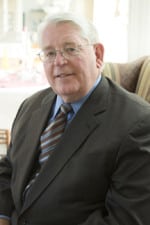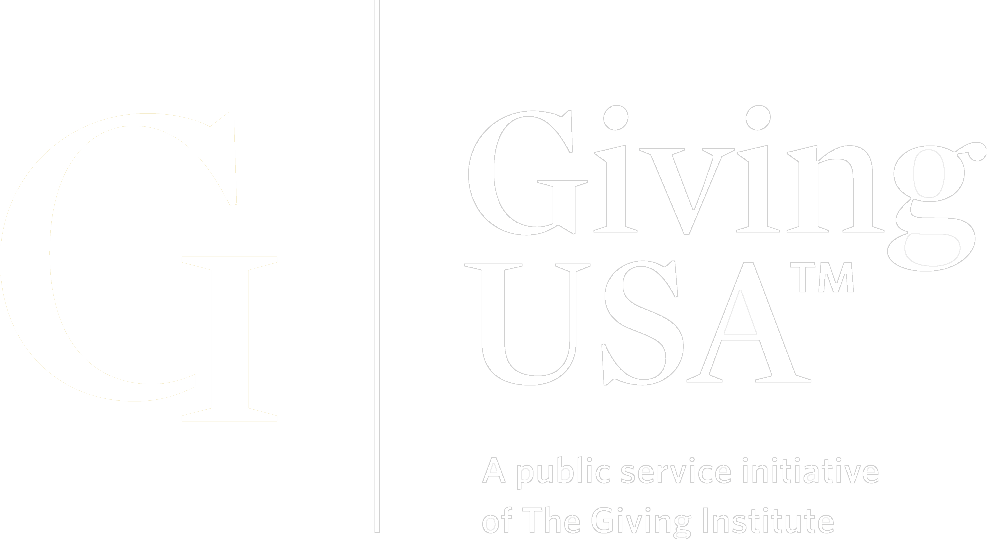
Really successful Planned Giving officers are those who understand how important it is to impress upon their organization’s donors the need to engage in good, thoughtful estate planning. And, estate planning is far more than just creating a will, although that is normally a cornerstone to creating one’s estate plan. They also understand that when addressing estate planning with donors, the “cookie cutter” approach does not apply. “One size does not fit all.”
As you consider addressing estate planning with your organization’s donors, keep in mind that estate planning is also not a do-it-yourself undertaking. Critical decisions will need to be addressed by the donor which will often require input from a professional estate planner. Helping your donors begin to understand estate planning can start with a simple definition:
“Estate planning is the process of thoughtfully providing for the efficient transfer of one’s assets to their heirs and charitable interests in full accordance with their wishes.”
Once crafted, the well thought out and constructed estate plan, in addition to how one’s estate will be distributed, affirms what kind of legacy an individual will leave behind and the impact it will have on future generations.
Estate planning is not just for the rich or older people. Everyone should be engaged in this important undertaking. It can certainly begin by writing a will, but estate planning can also involve:
- trusts
- changing beneficiaries of life insurance policies and retirement accounts
- selecting guardians for minor children
- providing lifetime giving for oneself or others
- minimizing taxes and other estate settlement costs
- much more
As stated earlier, “One size does not fit all,” and this truly needs to be addressed with your donors. There are likely going to be many complex issues to be identified and discussed. You can be most helpful by suggesting they give special attention to:
- taking a complete inventory of their personal property and assigning realistic values to the assets
- making a list of their intended beneficiaries and noting any characteristics that may determine the method and circumstances according to which certain assets are assigned
- making certain the spouse is “in the loop” with regard to plans; such coordination can lead to additional savings for the estate, and it can make great sense for one’s plans to be shared with as many family members as possible
- and importantly — providing complete information to their estate planner to ensure that one’s final wishes are accurately and ultimately fulfilled
Lastly, it is important to keep in mind that stewardship and estate planning go hand in hand. Good stewardship is a lifestyle and a process, not just isolated actions or individual events. The successful Planned Giving officer understands this and will strive to assist donors towards making thoughtful decisions about their estate, decisions that can create a lasting legacy of caring and compassion.
Are you interested in learning more about Estate Planning? JB+A can help you and your organization promote Planned Giving to your constituents. Contact John F. Marshall at jmarshall@jba.flywheelsites.com or call 816-237-1999.


